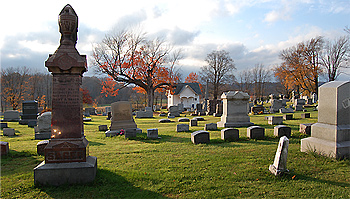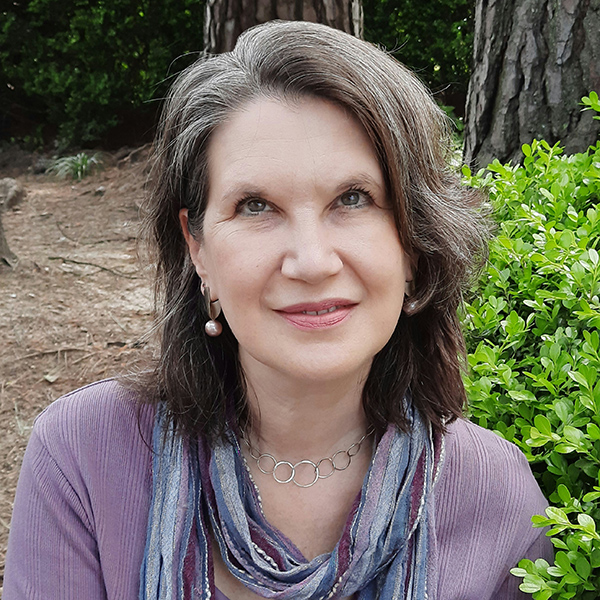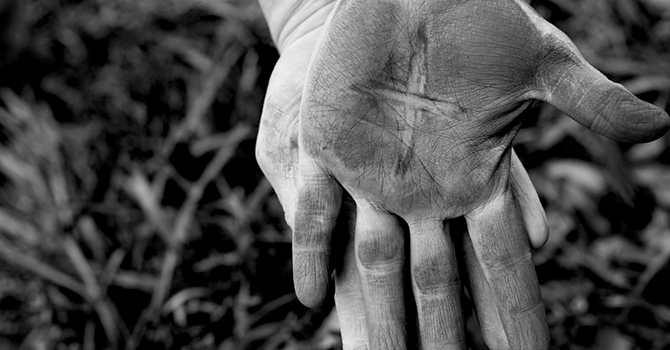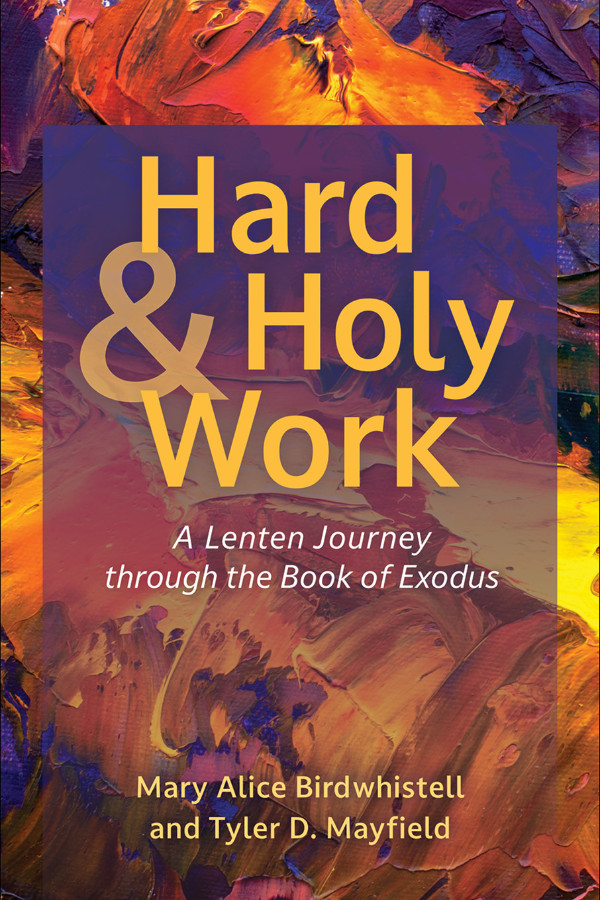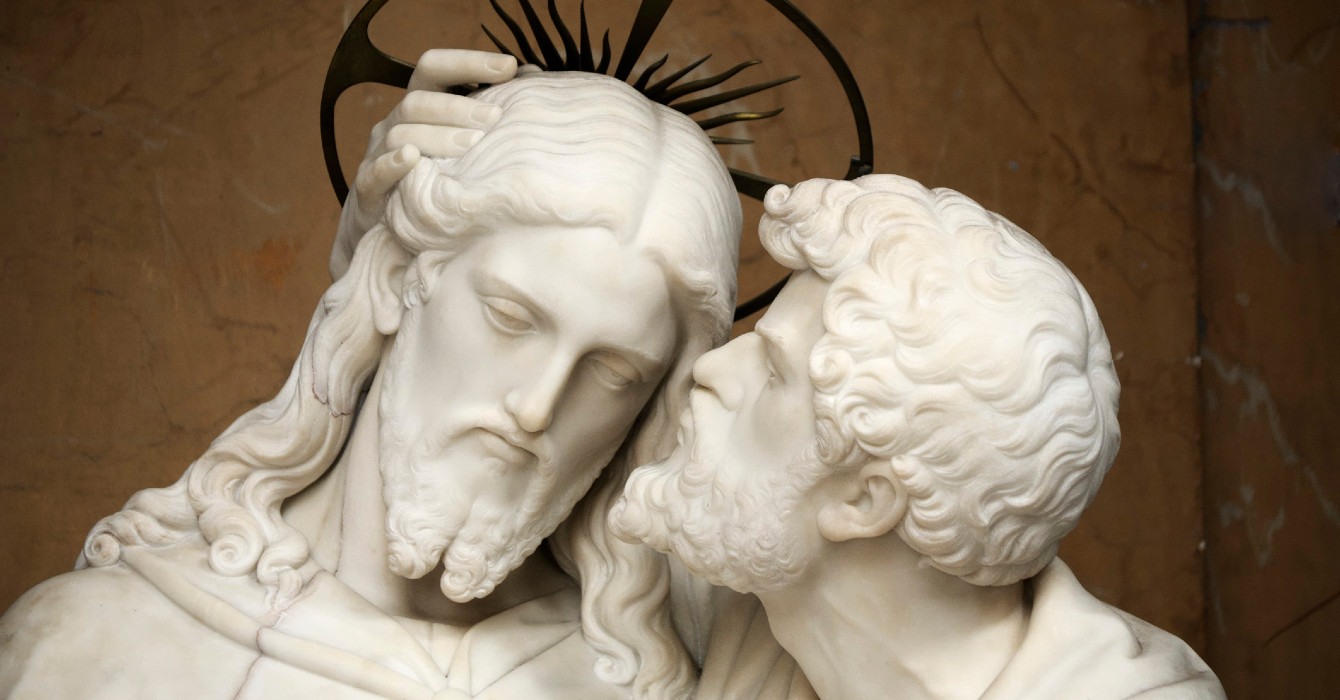Pay attention.
Be astonished.
Tell about it.
Mary Oliver offers those instructions “for living a life” in the poem “Sometimes.” They are good reminders to Christian leaders, preachers and writers that we should get out of our heads and look at the world as it is before we speak or teach about it.
Ash Wednesday liturgy evokes those noticing skills. Lent begins close to nature: “Earth to earth, ashes to ashes, dust to dust …” From the dust of the ground we have been formed, and to dust we shall return. Lent is a reality check, an antidote to our denial of mortality, because death is prerequisite to any hope of resurrection.
Lent mirrors nature’s season of cultivation. We put a spade in the ground and turn over the dirt. We get it ready for spring by breaking up the clods. We give the earth room to breathe after protecting itself all winter long. It’s painful work to be that intentional with ourselves, to be that attentive to our condition. But just that makes growth possible.
We can look to nature for lessons about ourselves, because human nature is nature too. We don’t live on the world; we live in it. Nature and people share the code of the living, regardless of our humanity that makes such a difference.
So whether we look upon the world within ourselves or around at others, we can be astonished if we pay attention. Nothing will surprise us, however, if we think we already know that thing.
A red oak tree I once transplanted failed to make the transition. It didn’t join the rest of nature in its springing forth of budding and blossoming. Disappointed by its death, I chopped it off at the ground level, too lazy to dig it up at its roots.
The next spring it was back with a vengeance. It had needed pruning, not abandoning. It had needed to lose the weight of old growth it could no longer sustain. Today it stands tall and full.
Astonishing.
As a Christian leader, I am compelled by Lent to notice whether my thoughts are my thoughts or they have become only a reflection of the communities I serve.
Is the mind of Christ producing fresh growth in me? Or is it time to break up hardening categories of groupthink, such as conservative or liberal, traditionalist or progressive, which stifle change and prevent my being surprised by myself?
The same may be true with others. Take adult children and their parents, for instance. Will your mother always and only be that woman who nagged you about cleaning up your room when you were 9, or might she be a person who could teach you about listening to your own daughter if you took time now to listen to her? She is not just Mother, in other words; she is a woman named Trudy who has a thing to tell you, because she herself has paid attention and been astonished by life.
In her poem “In Blackwater Woods,” Oliver has three more things to share after -- and only after -- she has looked at trees turning their bodies into pillars of light and smelled the fragrance of cinnamon coming from them and been astonished at the long tapers of cattails on the blue shoulders of the ponds:
To live in this world
you must be able
to do three things:
to love what is mortal;
to hold it
against your bones knowing
your own life depends on it;
and, when the time comes to let it go,
to let it go.
Nature teaches us these things if we are paying attention. God teaches us these things through nature, to be more exact. The Lenten journey of Jesus to the cross confirms certain truths of nature: Death is coming for us all. We have to die to live. We must learn to love life so much that we both hold it tightly and let it go.
When we learn these things, we ought to step back and sigh, rejoicing that we ourselves are alive at all and can see at all, even if we get just a part of life and get to be just a part of life. Then we must tell about it.
Which I am doing now with you after paying attention to the poet’s words and being astonished by them. I have held them close to my bones, because I do think that somehow my life depends upon it. And now I am letting them go to you, and to God, for safekeeping.
Tell someone today about what you have seen that astonished you.


